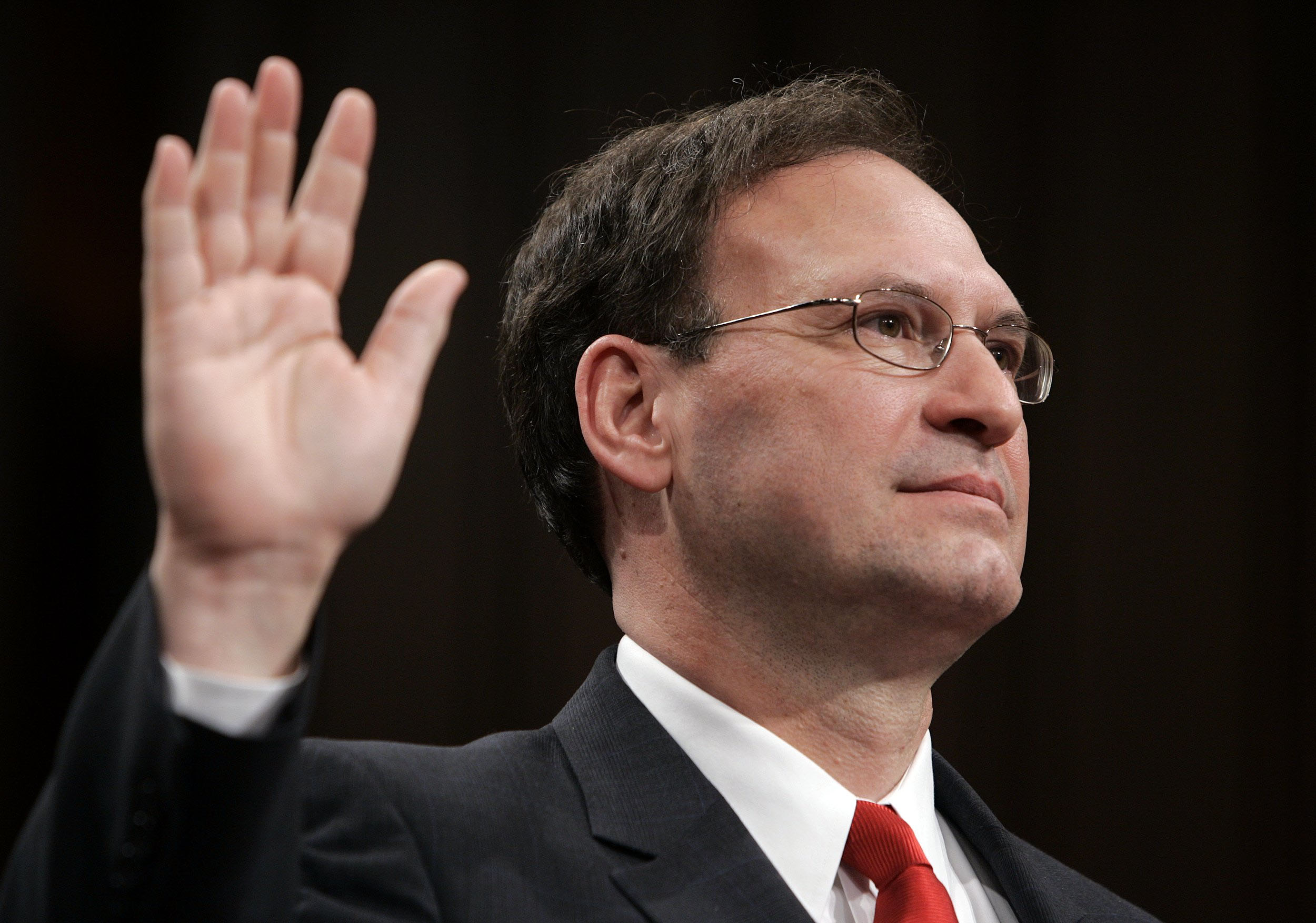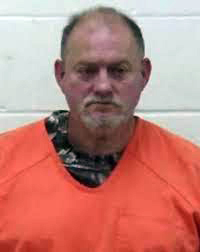
WASHINGTON (BP)–Delivering a mostly biographical opening statement with few hints of his judicial philosophy, Supreme Court nominee Samuel Alito told senators Jan. 9 that judges must examine each case before them without any agenda.
“The role of a practicing attorney is to achieve a desirable result for the client in the particular case at hand. But a judge can’t think that way,” Alito told the Senate Judiciary Committee on the first day of hearings on his nomination. “A judge can’t have any agenda. A judge can’t have any preferred outcome in any particular case. And a judge certainly doesn’t have a client.
“The judge’s only obligation — and it’s a solemn obligation — is to the rule of law. What that means is that in every single case, the judge has to do what the law requires.”
Alito’s brief statement came at the end of a day in which Democrats on the committee largely expressed concern about his nomination and Republicans took turns defending it. Each senator had 10 minutes to deliver an opening statement. Senators are scheduled to begin questioning Alito Tuesday morning, when each of them will have 30 minutes in a “first round” of questions. In the second round of questioning, which would begin Wednesday at the earliest, each senator will have 20 minutes.
Judiciary Chairman Arlen Specter, R.-Pa., has scheduled a committee vote for Jan. 17, although some Democrats have expressed an interest in delaying it.
If confirmed, Alito, 55, would replace retiring Justice Sandra Day O’Connor, who has disappointed social conservatives on a host of rulings, including ones on abortion rights and Ten Commandments displays. Alito’s nomination has drawn praise from conservative leaders. He currently sits on the U.S. Third Circuit Court of Appeals.
During his statement, Alito briefly spent time telling his life’s story, recounting how his father came to America from Italy as an infant and grew up in poverty. Alito’s mother is a first generation American. Alito grew up in New Jersey.
“I am who I am in the first place because of my parents and because of the things that they taught me,” he said.
Perhaps giving a glimpse of his conservatism, Alito recounted that when he was a student at Princeton, he rejected the behavior of some classmates.
“This was back in the late 1960s and early 1970s. It was a time of turmoil at colleges and universities, and I saw some very smart people and very privileged people behaving irresponsibly,” he said. “I couldn’t help making a contrast between some of the worst of what I saw and the good sense and the decency of the people back in my own community.”
Good judges, Alito said, are “always open to the possibility of changing their minds based on the next brief that they read or the next argument that’s made by an attorney.”
He also said he was “humbled” to be nominated to succeed O’Connor, who was the first female Supreme Court justice.
“Justice O’Connor has been a pioneer, and her dedicated service on the Supreme Court will never be forgotten, and the people of the country certainly owe her a great debt for the service that she has provided,” he said.
Former New Jersey Gov. Christie Todd Whitman, a Republican, and Sen. Frank Lautenberg, a Democrat from New Jersey, introduced Alito to the committee. While Lautenberg did not take a position on Alito, Whitman did, encouraging support for Alito and rebuffing claims that he has an ideological agenda.
“I believe that an honest and complete review of his record as a whole will find that his only agenda is fidelity to his judicial craft…. I have every confidence he will be a balanced, fair and thoughtful justice.”
Speaking first during the day, Specter began by noting the task that senators have before them.
“No senator’s vote — except for the declaration of war or the authorization for the use of force — is more important than the confirmation of a nominee for the Supreme Court for a lifetime appointment,” Specter said.
Specter held up a flier put out by the pro-abortion rights group National Organization for Women. It read: “Save Women’s Lives. Vote No on Alito.” Specter also held up a NOW flier from 1990 reading, “Stop Souter or Women Will Die.” Supreme Court Justice David Souter turned out to be a staunch defender of abortion rights.
“The history of this issue has been one full of surprises,” Specter said.
Sen. Edward Kennedy, D.-Mass., said he had examined Alito’s record as a federal judge. Said Kennedy: “I regret to say that the record troubles me deeply.” Sen. Charles Schumer, D.-N.Y., added later that he also was “troubled” by Alito’s record. Both men mentioned Alito’s past positions on abortion and executive power.
Republicans said the controversy over Alito boils down to a difference over judicial philosophy.
“The debate over this and other judicial nominations is a debate over the judiciary itself,” Sen. Orrin Hatch, R.-Utah, said. “It is a debate over how much power unelected judges should have in our system of government.”
Said Chuck Grassley, R.-Iowa: “Supreme Court nominees should note — without any doubt — that their job is not to impose their own personal opinions of what is right and wrong, but to say what the law is, rather than what they personally think the law ought to be.”
–30–
















